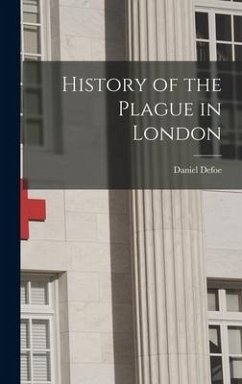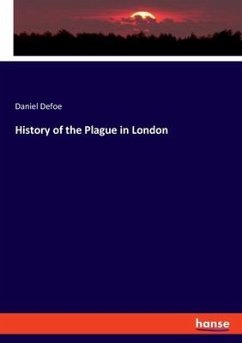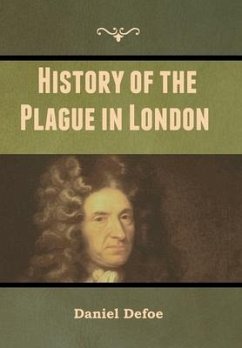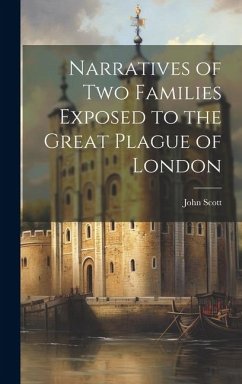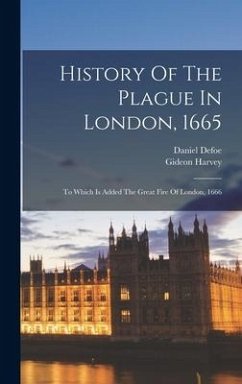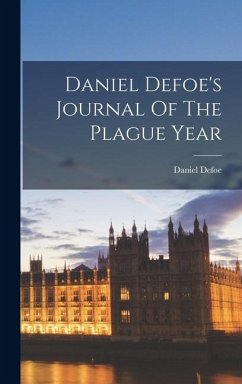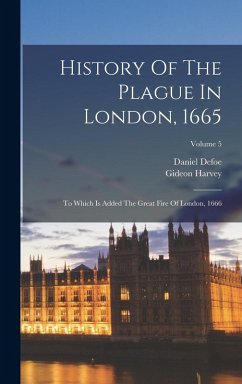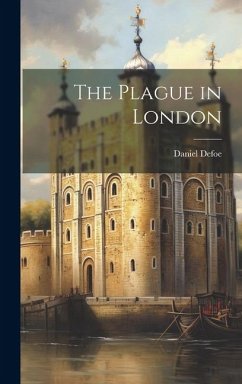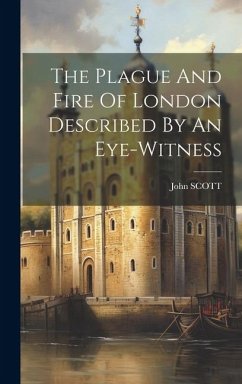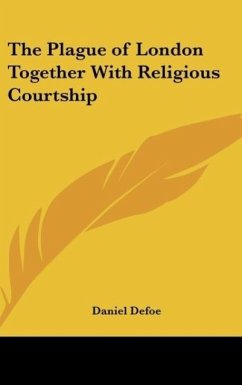
The Plague of London Together With Religious Courtship
Versandkostenfrei!
Versandfertig in 1-2 Wochen
41,99 €
inkl. MwSt.

PAYBACK Punkte
21 °P sammeln!
The history of the great plague in London, in which the author embodies a number of stories upon this subject with what he might actually have read, or of which he might otherwise have received as direct evidence. Contents: bills of mortality first published; infallible preventives; protective measures by the Lord Mayor; examiners appointed; orders concerning the affected house; tippling houses closed; pits for reception of the dead; the dead carts; profanity of the people; wholesale robbery and murder; remarkable preservation of three poor men and their adventures; the plague among the shippi...
The history of the great plague in London, in which the author embodies a number of stories upon this subject with what he might actually have read, or of which he might otherwise have received as direct evidence. Contents: bills of mortality first published; infallible preventives; protective measures by the Lord Mayor; examiners appointed; orders concerning the affected house; tippling houses closed; pits for reception of the dead; the dead carts; profanity of the people; wholesale robbery and murder; remarkable preservation of three poor men and their adventures; the plague among the shipping; origin of the infection; modes of detecting the distemper; embargo on ships and commerce; the crisis; the plague subsides.




